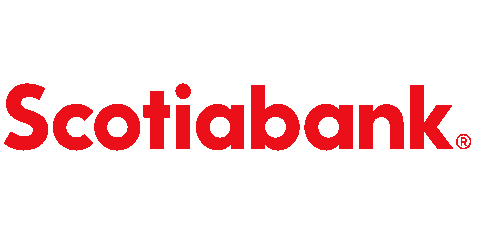BC Ferries is one of the largest ferry operations in the world. Throughout the COVID-19 Pandemic, there have been ongoing adjustments to operations, but innovation and progress has been the main focus of this impressive transportation operation.Hear about this and more in our Chamber Chat with BC Ferries CEO Mark Collins.
Published: November 14, 2021
^ Back to Top
























